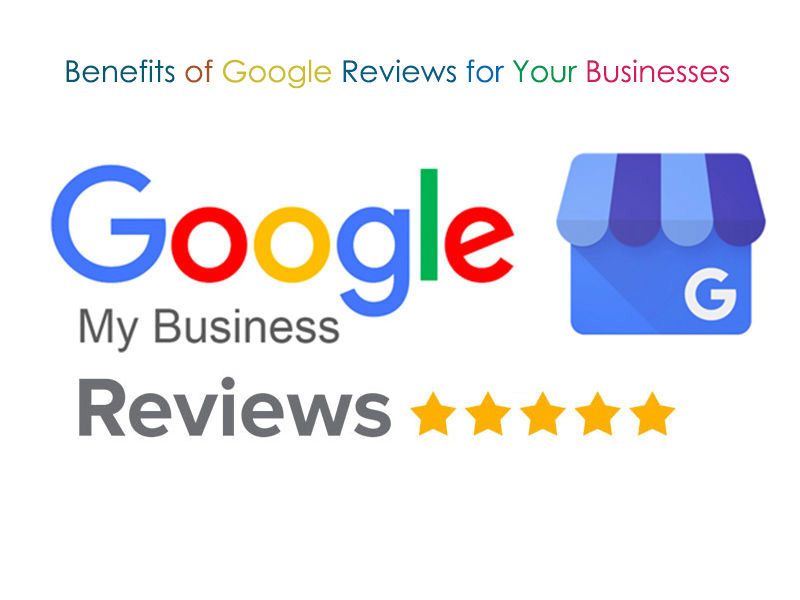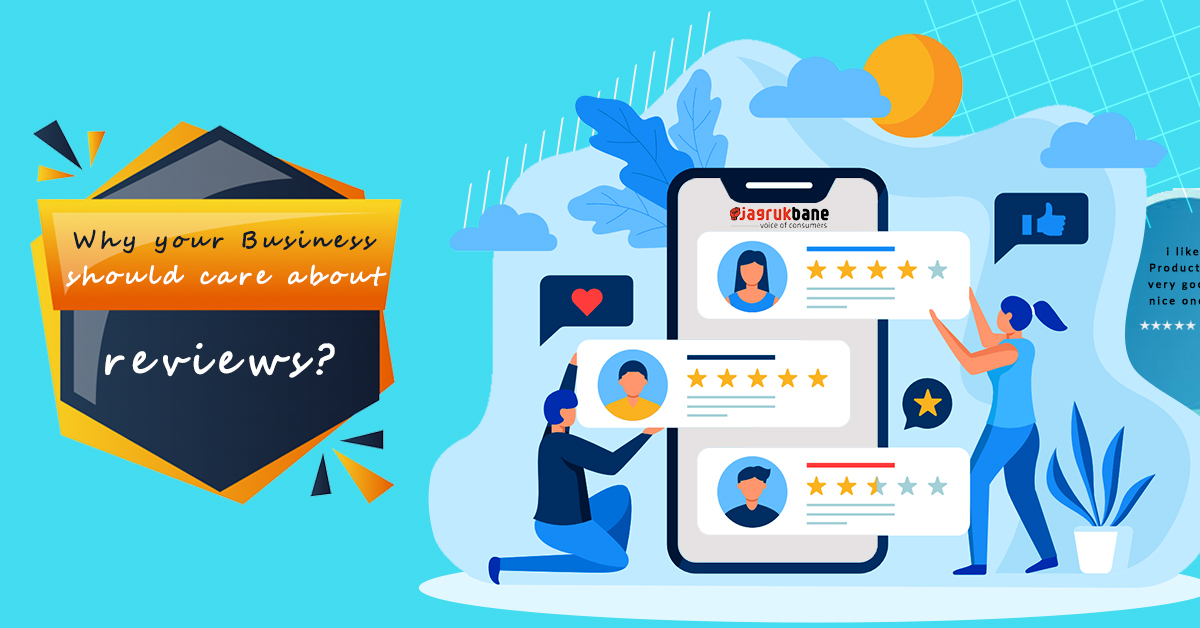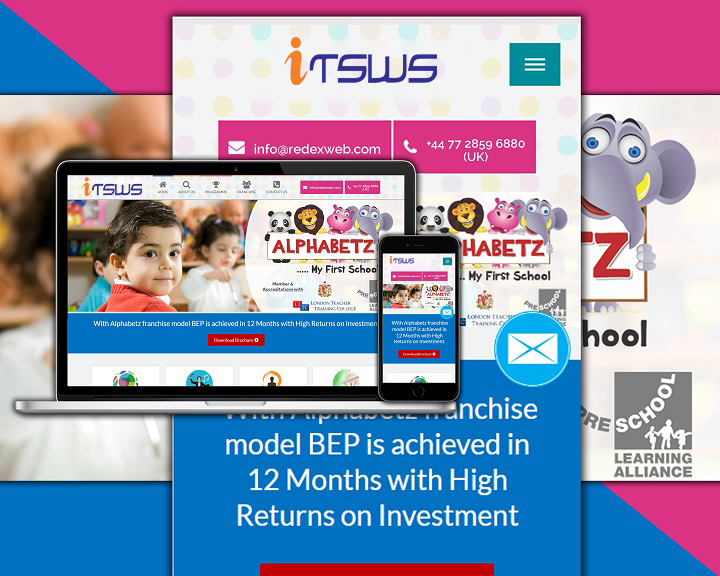- Home
- Growth Online Business with CRM Strategy
Growth Online Business with CRM Strategy
- Posted On: 2021-07-01 16:31:25


Company & Brands Reviews
DHFL is one of the leading housing finance company in India, committed to creating, protecting and maintaining your dream home at the attractive interest rates. The company is guide the details of interest rates and services for the availing a home loan. DHFL has been fulfilling the dreams of millions of interested buyers for home and other residential land for home. The financial company is providing easy and accessible housing finance to the lower & middle income groups in India.
PNB Housing Finance Limited is a popular Indian public limited housing finance company, registered with National Housing Bank (NHB), headquartered in New Delhi. The finance company was incorporated under the companies ACT, 1956 and company commenced its operations on November 11,1988. The company shares are listed with National Stock Exchange (NSE) and Bombay Stock Exchange (BSE) in Nov 2016. For better customer support the company toll-free number 1800 120 8800. PNB Housing Finance provides housing loans and loan against property across the country with the several branches.
PNB Housing Finance Limited
-
- 1 Review
Audi AG is a German based automobile manufacturer company, headquarter in Ingolstadt, Germany. The company is popular for luxury vehicles designs, engineers, produces, markets and distributes globally. It is a member of the Volkswagen Group and produced the branded vehicles worldwide. Audi, along with fellow German marques BMW and Mercedes-Benz, is among the best-selling luxury vehicles brand in the world. With the best performance of engine and fuel economic, customer’s feedback share online.
Audi
-
- 1 Review
Harley-Davidson is known for styles customize motorcycle in the world, based on American motorcycle manufacturer in Milwaukee, Wisconsin. The company is traditionally marketed with heavyweight, air-cooled cruiser motorcycle with 700 cc engine. With the best way, company markets its products worldwide with licenses and markets under the Harley-Davidson brands.
Harley Davidson Bikes
-
- 1 Review
Noida Home Packers Movers is the best company providing perfect service for packing and moving needs. We offer you the best Local Shifting or Relocation Services in Delhi NCR, Noida and All Over India. We take complete responsibility of moveing your household goods safely. Noida Home Packers and Movers in Noida is the reliable and professional movers and packers service provider in Delhi, NCR and all over India.
Noida Home Packers Movers
-
- 1 Review
Related Blog
Express yourself to wide customer base.
Benefits of Google Reviews for Your Businesses
With the help of products rating, the consumer shows their interest to buy particular products on behalf of Google ratings. The products ratings show the details of interested people who have already used the particular products.
Why reviews are important for your brand?
Analyzing a product services and share a perfect experience on reviews portals, can increase the value of brand and web-portal also. It can helps someone to buy a good product on behalf of several positive feedback.
The Evolution of Technology in Education
New era of technology has changed the education systems after the Covid pandemic education is based on technology. Technical education is also continued with the help of the latest feature of technology as per demand.




